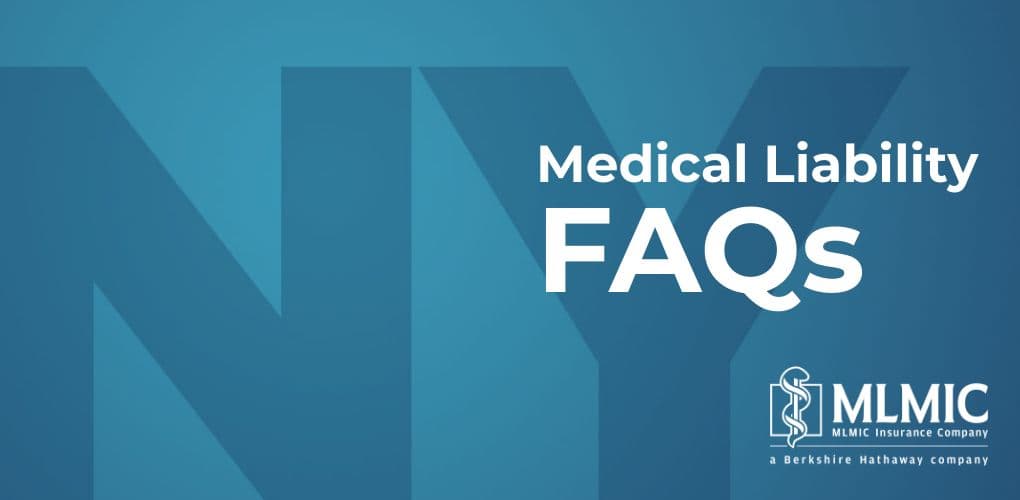< Back to Publications & Resources
Attorneys Respond to Medical Professional Liability FAQs on HIV Confidentiality

During the course of a year, the attorneys at Fager Amsler Keller & Schoppmann, LLP, counsel to MLMIC Insurance Company, handle approximately 5,000 questions from policyholders on professional liability, risk management and healthcare law. Frequently, the questions asked by healthcare professionals involve requests for legal guidance on HIV confidentiality.
Here, we’ve paired the FAQs on medical professional liability related to informed consent with the attorneys’ responses.
If a patient advises me that he/she has risk factors and/or has been tested for HIV, may I include that in my progress notes or the history and physical notes?
Yes, if the patient relays this information as part of his/her history, or it is medically relevant to his/her present care and treatment, it may be — and, in fact, should be – documented. However, that chart then becomes a protected chart under Article 27F of the Public Health Law, which governs the confidentiality of HIV-related information.
May I release records containing HIV information when I receive a subpoena, particularly if it is a judicial subpoena?
The HIV law clearly requires the release of records only with a special HIV consent form or a court order, issued only after a hearing, at which time the patient has had an opportunity to contest the release. A subpoena is not sufficient.
Does even a negative HIV test result require specific protection of the chart?
Yes, the fact that an HIV test has been done, regardless of the result, raises the possibility that the patient has risk factors for HIV. The patient may sustain harm if this information is released inappropriately.
If a patient tells me in the Emergency Department (ED) or prior to surgery that he/she is HIV positive, may I inform the ED or the operating room staff who will be involved in the patient’s care?
You may not tell the staff if the sole purpose of informing them is infection control or having them take extra precautions. You may only tell the staff if the disclosure is necessary for the patient’s care and treatment.
The attorneys of Fager Amsler Keller & Schoppmann, LLP (FAKS) perform thousands of hours of professional liability services per year. They are uniquely qualified to assess medical-legal issues and provide counsel to minimize liability exposure. MLMIC policyholders can reach 24/7 legal support services by calling (855) FAKS-LAW or emailing hotline@FAKSLAW.com. For more information about these services, offered exclusively to MLMIC policyholders, visit our web page on Legal 24/7.



